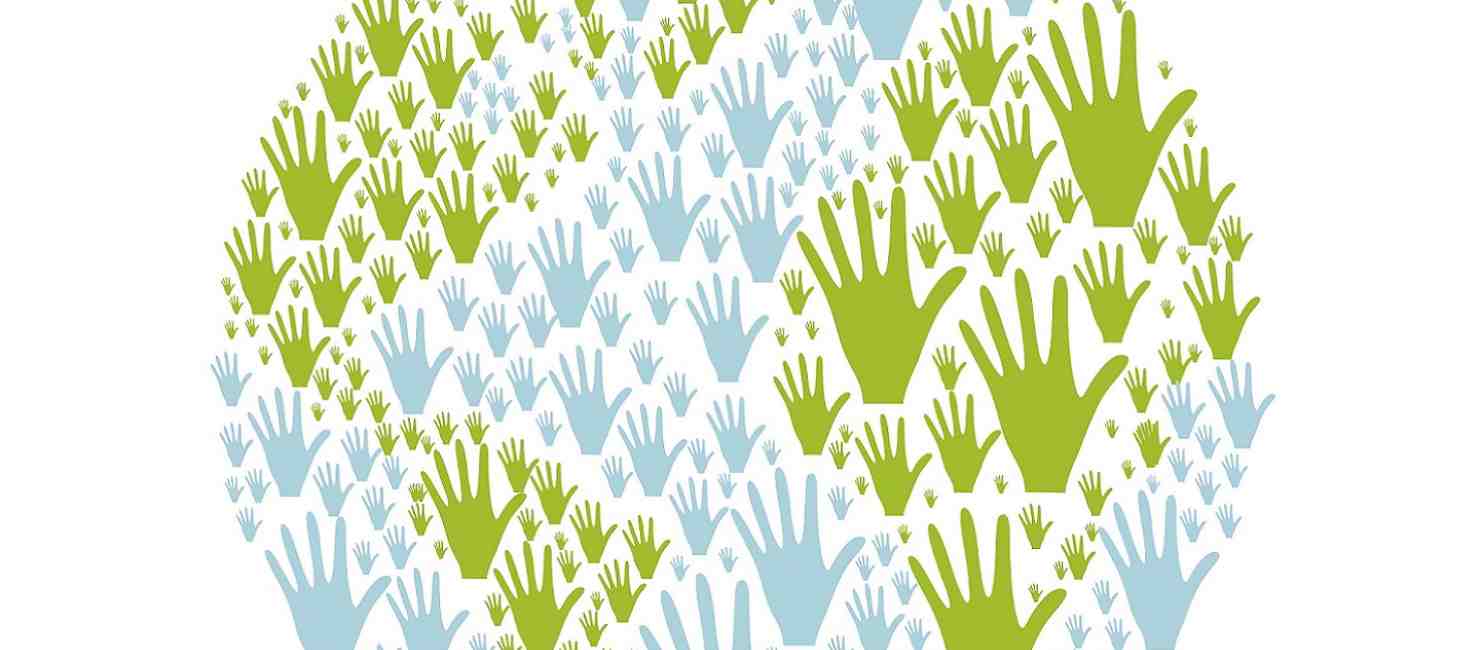 You took the plunge and decided it was time to seek a therapist for the painful past you experienced as a child. There’s just one problem! You’re finding it very difficult to actually say the words out loud. In truth, you can barely stand to think about your past trauma, so the idea of talking about it makes you physically sick. This feeling is all too common for survivors of sexual abuse and this blog will give you 3 steps you can take to ease your worry as you talk about the sexual abuse.
You took the plunge and decided it was time to seek a therapist for the painful past you experienced as a child. There’s just one problem! You’re finding it very difficult to actually say the words out loud. In truth, you can barely stand to think about your past trauma, so the idea of talking about it makes you physically sick. This feeling is all too common for survivors of sexual abuse and this blog will give you 3 steps you can take to ease your worry as you talk about the sexual abuse.
You experienced sexual abuse as a child and you have worked very hard to “forget about” what happened. Any time a thought creeps in, you shut it down, immediately. You never allow the thoughts and the subsequent feelings to show through, for fear that you will break down completely. This is just one worry you have when it comes to sharing what happened with your therapist. You worry that if you unleash the genie you wont be able to put it back in the bottle, leaving you unable to cope. This fear can be a powerful deterrent.
In conjunction with fearing that you will release the genie, leaving an open wound, you also experience a lot of shame around your sexual abuse. This shame presents as fear that your therapist will judge you for “not stopping the abuse” or even becoming sexually aroused during the event. These are the two most common and powerful experiences that bring survivors to seeking help, and they are the biggest drivers of their shame spiral, which keeps survivors silent.
Getting Out Of The Shame Spiral That Keeps You Stuck In the Same Self Destructive Patterns
Shame is a powerful emotion, that keeps you from fully experiencing the joys of life. With its roots based in fear of being rejected, you feel powerless when the voice of fear speaks to you. It’s not just the pain from your past, but the other things you have done in your life that you are not necessarily proud of. When you think back to instances when you should have spoken up for yourself and didn’t, you feel lousy. If you have ever been in a toxic relationship, where you knew that the person was hurting you, yet you stayed with them any way, you may feel some shame around this. Degrading yourself with harsh words.
This is what happens when you actually look at your past. It’s painful! You feel sad and embarrassed, so you avoid looking at them, remaining to be “blissfully ignorant”. This is called avoidance.
Avoidance is one tool that we all use to avoid difficult feelings that come up. The problem with avoidance is that in the short term it provides relief as we stuff it in the dark corners of our minds so it cannot bother us. But the truth is that when we lock away the things we are afraid of or which cause us shame or embarrassment we are not able to learn from them. To look at them as something we have done in the past and something we can learn from in order to make better choices for ourselves. When we continue to cope by avoiding the result is self destructive behaviors. Behaviors we repeat even though they are toxic and do us no good.
This is why and to move against that fear any way, but in a manner that is not so overwhelming that it does more harm than good. There are ways to tackle your shame spiral which only make you a little uncomfortable, not completely in pain and distressed.
The Challenge of Shame
Shame is a big challenge for child sexual abuse survivors, something they battle constantly. This is why addressing your shame spiral is a vital component to the healing and recovery process. It is also something you can learn to do even today. When you’re in the shame spiral you’re constantly blaming yourself for everything and you fear that others will not like you. This shame is what is preventing you from sharing your story, even with your therapist.
3 Steps You Can Take That Will Help You Feel Less Afraid To Talk About Sexual Abuse With Your Therapist
I know it can be scary to open yourself up to someone, even if that someone can provide you with relief. As a trauma survivor you have seen the worst of humanity and your brain remembers this. It sees people as threats, things to be cautious around. So it makes sense that your default is to cover yourself and protect yourself. It’s a great protective feature that you have learned that kept you alive. On the other hand, this is what fuels your shame and prevents you from sharing your story in therapy. Now you don’t need it to be sensitive and overly protective. So here are three steps you can take to help you feel less afraid to talk about your past experience of sexual abuse with your therapist.
- Practice grounding techniques and other methods of self soothing. The reason this is the first step is because when you are triggered your brain automatically goes into trauma reaction mode. This means activating the Stress Response System which moves you out of the top part of the brain where you process information and have some control, to the lower parts which are driven by emotions and impulses. By practicing grounding techniques you are better able to catch yourself before going fully into a trauma reaction but it also
helps you come back down when it does happen. This will allow you to feel calmer and safer, which is key.
- Get yourself a journal/notebook/diary and write your story. Now I know it can be incredibly painful to think about your past abuse and the thought of writing it down is frightening. But this will help you get the story out, so it takes up less mental energy and you can use it as a tool for sharing. With the support of grounding techniques that were mentioned above you can help yourself calm down when you start to become overwhelmed. More to the point you have control over how much you want to share. Maybe on day one you just write one word. Maybe the next day you write a sentence. It’s ok to go with your flow and your mood when putting your abuse down on paper. Also if you are concerned about privacy make sure it’s in a location that is private.
- Practice Sharing your story, by standing in front of the mirror. You can read from your journal or you can just go from your head. The point is to become less anxious by talking about whats going on and also learning what parts are the most distressing. This is useful information for your therapist who can give you tools to manage these symptoms when you are activated. Also, by practicing in front of the mirror you start to become less sensitive (desensitized) to the emotional impacts of retelling your story. This will make it easier (not easy) to begin to share in therapy.
Bonus Tip: If you’ve done these steps but you’re still finding that you are not ready to verbally share your story you can provide your therapist with your journal. You can share parts of it or the whole thing. If you’re needing more parameters then you can ask them to read it outside of session and to bring it up the following week so you don’t have to see their facial reactions. This method allows for you to have some control over how much and when you share, so it often feels a little better and safer.
Conclusion
As a child you had no control and were powerless when the sexual abuse was happening. It wasn’t your fault, no matter what, although I know it sometimes feels like it is. You have so many distressing feelings and thoughts about the experience that it’s easier to avoid them and try to forget. But this is keeping you stuck.You want to heal and recover and so you want to give your therapist all the important information, which means facing some of your past memories. It’s frightening but you can do it and survive. The 3 steps listed above are great tips you can use to help you overcome your fears.
If you liked these three tips and your looking for more resources on your healing journey, check out the: Reclaim Your Power Guidebook. This self help book provides you with some wonderful tools to help you heal as a trauma survivor. The tools in this book discuss the ways in which trauma reactions are overly sensitive to triggers which cause you to feel out of control and alone. The guidebook gives you tools to manage and control these trauma reactions, effectively rewiring your brain. Finally the last part of the book address identity and self-esteem, which will help you tackle your feelings of shame. So click here to download your copy today.
These are just a few strategies and steps and recommendations! I hope you found this post helpful! I’d love to hear from you in the comment section!
Thank you for taking the time to read. Remember sharing is caring, so share if you found this helpful!
Until we connect again,
Jessica
Although the sexual abuse you experienced happened when you were a child, you are finding that there are times when it is cropping up into your thoughts, beliefs and your relationships. I know you are wanting to move past this and to move forward on your healing journey. Schedule your first session to get started.
Jessica Lang
Hi I’m Jessica and I am a licensed therapist specializing in treating sexual abuse and other traumas. Whether you are pregnant survivor, a parent of a survivor or an adult survivor of sexual abuse or complex trauma I am here to support you on your healing so you can love yourself, find your empowered voice, and have the relationships you desire.




